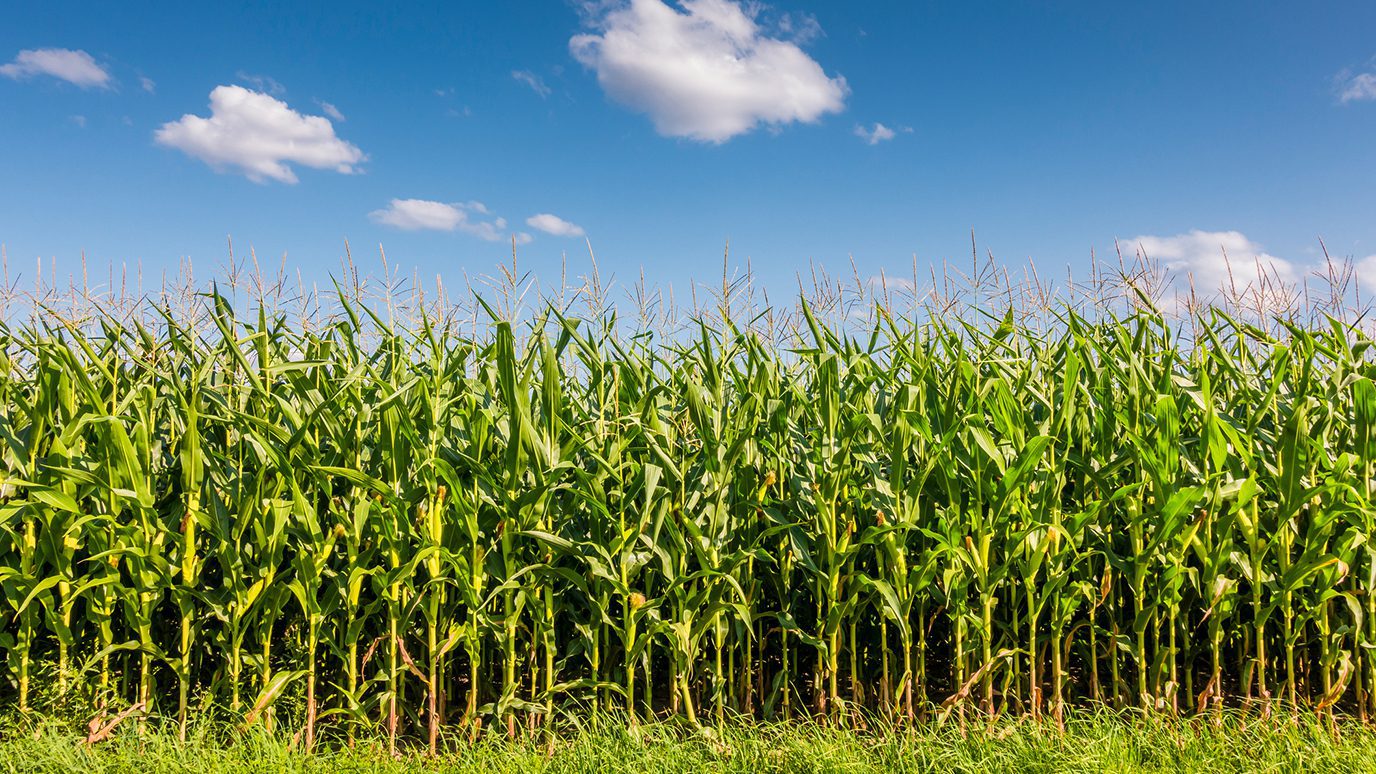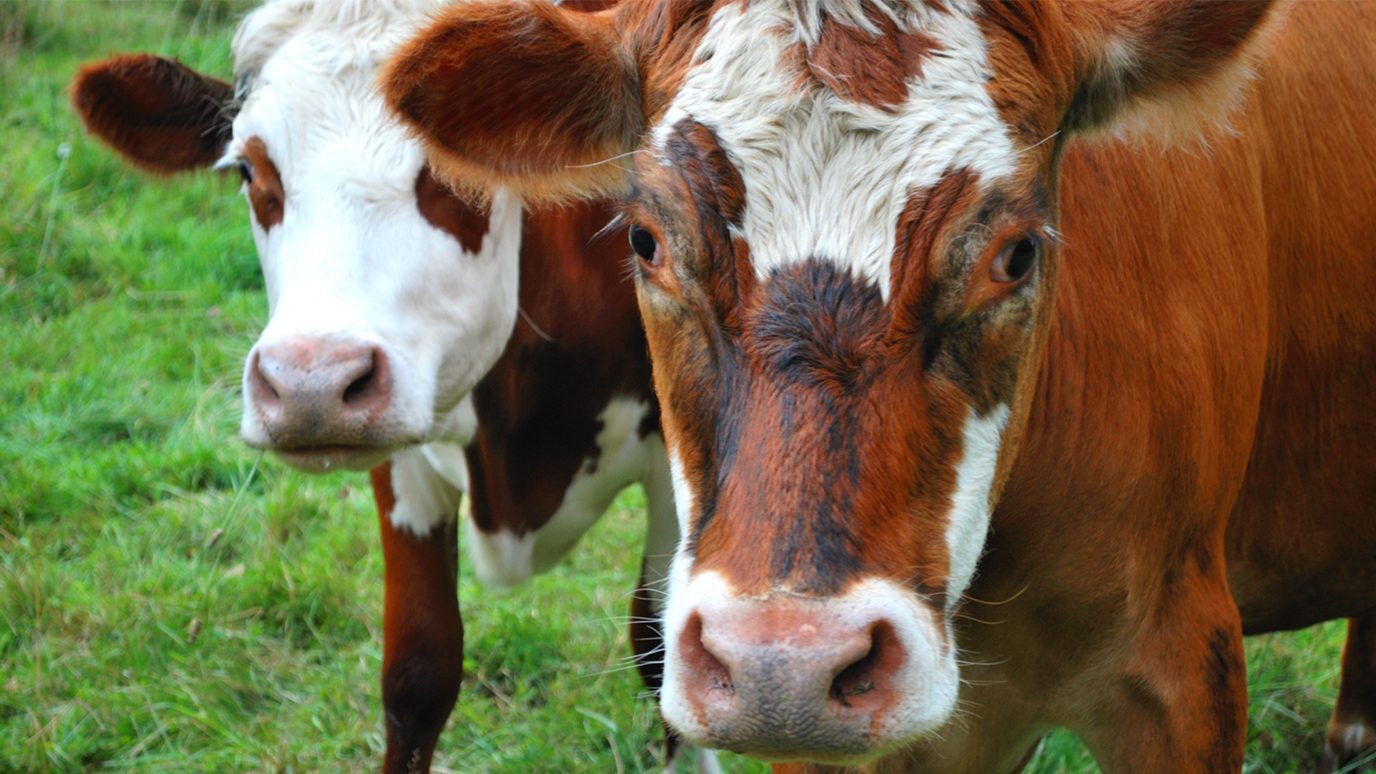How do you define sustainable? – “Pertaining to a system that maintains its own viability by using techniques that allow for continual re-use.”
When it comes to agricultural sustainability, that definition needs to be expanded to include economic profitability, environmental and agro-ecosystem integrity, and social responsibility.
In order for agricultural producers to meet their primary objective – a business that must profit to survive – inputs such as fertilizers and pesticides must be applied to feed and protect their crops. But these inputs often present risk … risks to the environment, field workers, and consumers.
From a fertilizer input perspective over-use and non-judicious applications can result in polluted groundwater, algal blooms in surface waters, and reductions in aquatic biodiversity.
To maintain agricultural sustainability, the Four Rs of Nutrient Stewardship must be considered:
- The Right Source: Matches fertilizer type to crop need
- The Right Rate: Matches amount of fertilizer to crop needs
- The Right Time: Makes nutrients available when crops need them
- The Right Place: Keeps nutrients where crops can use them
Wilbur-Ellis’ Total Nutrition System, or TNS, helps agronomists and producers identify what nutrients are needed on a field-by-field basis over the course of the season. TNS is a proprietary web-based platform for reporting water, soil and plant tissue analytical data from independent agricultural laboratories in a very easy-to-read graphical format.
The TNS approach to nutrition modeling instantly identifies which nutrients are needed (The Right Source) and when (The Right Time). By comparing data to crop nutrient uptake and removal tables, agricultural producers can then arrive at The Right Rate to apply.
Using TNS allows producers to pinpoint what nutrients are needed and when, minimizing waste that could otherwise have negative impacts on the environment and human health. And by reducing unnecessary nutrient applications, producers don’t spend money needlessly, which adds to their economic sustainability.




